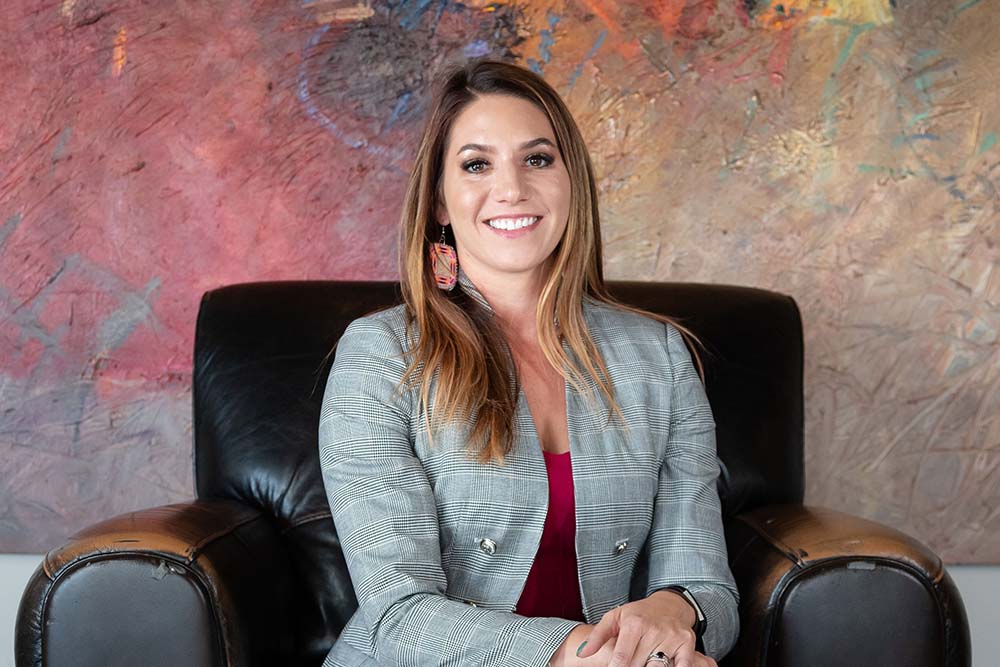
- Details
- By Rosette, LLP
Indigenous peoples in America have been fighting for our existence since before colonization. Since colonization we have continued to fight for the many things that are important to our existence: our sacred sites, our missing and murdered sisters, our environment, and our sovereignty. Many Americans are ignorant of these issues and some of them do not even realize that Native Americans still exist. Yet, we continue to exist and thrive in many different ways. We are leaders of our respective sovereign nations, political leaders at all levels of government, lawyers, activists, business owners, mothers, fathers, and friends. Regardless of the role we play, and for better or worse, we are an integral part of America.
Unfortunately, we are often overlooked by America, which is the most important reason we need to vote in the 2020 election. We need to remind those who are or who will be in office that we are here and that we matter. Issues important to Native people may be unique in some ways but in other ways they are similar issues to the rest of Americans. Just like other Americans, we want the opportunity to be gainfully employed, live in a safe place, raise a family, and have access to healthcare. But we cannot expect the rest of America to stand up and vote on our behalf. We have to be the ones to do it.
Native people know better than anyone else in this country how important it is to protect our natural resources, so we need to say so by voting for those who will stand with us to protect and preserve those resources. We need to vote for people who respect and recognize that the treaties entered into by our ancestors are still the law of the land in 2020. We cannot idly standby while the work of our ancestors is forgotten and trampled on. We must continue to press forward to ensure the sovereignty of our respective Native nations remains intact for future generations. This means that we have to vote for those who are willing to engage in government-to-government relationships with our sovereign nations at all levels of government.
Over the last few years, Native communities have made some real progress that has noticed across the country, thanks to the generations before us who started raising their voices and taking action necessary to bring to light issues that affect us individually as well as communally. Prior generations took a stand in order for us today to have the ability to exercise our traditional religions, to continue hunting and fishing in our traditional ways, to allow our Native nations to enact their own laws to govern their respective communities, and for us individually to be able to vote. Our work is not done.
Each of us in our own way contribute to furthering our work on Native issues by defending sovereign actions in courtrooms, by creating new businesses, by leading a native community or government, and by teaching native youth traditional ways. Regardless of what we might do every day personally or professionally to benefit ourselves and our communities, we all must vote to ensure our continued existence and prosperity for the next seven generations.
Help us defend tribal sovereignty.
At Native News Online, our mission is rooted in telling the stories that strengthen sovereignty and uplift Indigenous voices — not just at year’s end, but every single day.
Because of your generosity last year, we were able to keep our reporters on the ground in tribal communities, at national gatherings and in the halls of Congress — covering the issues that matter most to Indian Country: sovereignty, culture, education, health and economic opportunity.
That support sustained us through a tough year in 2025. Now, as we look to the year ahead, we need your help right now to ensure warrior journalism remains strong — reporting that defends tribal sovereignty, amplifies Native truth, and holds power accountable.
 The stakes couldn't be higher. Your support keeps Native voices heard, Native stories told and Native sovereignty defended.
The stakes couldn't be higher. Your support keeps Native voices heard, Native stories told and Native sovereignty defended.
Stand with Warrior Journalism today.
Levi Rickert (Potawatomi), Editor & Publisher
